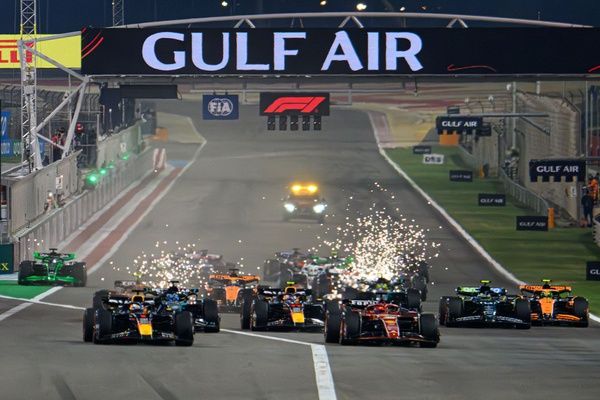
The 2009 season's statistical review
The 2009 Formula 1 season will be remembered for several reasons, from Jenson Button's first time, to Ferrari's dismal campaign. Michele Merlino sums up the year in statistics
The 2009 F1 season was markedly different from the previous ones, as for the first time since 1995, McLaren or Ferrari didn't stand in one of the two first places of the constructors' championship.
This is the most striking figure which outlines the season, as the two teams combined scored 141 points and were not able to reach the points tally of what McLaren or Ferrari were able to achieve in 2008, respectively 151 and 172 points.
Share Or Save This Story
More from Michele Merlino

Stats: Webber's final F1 tally

Stats: Alonso's Interlagos jinx

Stats: only Ascari left to topple

Stats: F1's late-race shootouts

Stats: Modern F1's biggest wins

Stats: Formula 1's pole jinxes

Vettel's Formula 1 success in numbers

Stats: McLaren has had it worse than this
Latest news

Mercedes joins Williams and RB with 'quick and cheap' F1 cockpit airflow upgrades

Alpine gets F1 spare car for first time in 2024 as lighter chassis appears in China

F1 Chinese GP: Stroll leads FP1 as small fire causes early red flag

Live: F1 Chinese GP updates – FP1 & Sprint qualifying
Autosport Plus

Why F1 2026 worst case fears could be key to new rules success

How the F1 driver market situation sits for each team with 2025 openings

What's been going wrong for Leclerc in F1's tiny margins qualifying game

What the Chinese GP's highlights reveal about its first F1 race for five years
Subscribe and access Autosport.com with your ad-blocker.
From Formula 1 to MotoGP we report straight from the paddock because we love our sport, just like you. In order to keep delivering our expert journalism, our website uses advertising. Still, we want to give you the opportunity to enjoy an ad-free and tracker-free website and to continue using your adblocker.
You have 2 options:
- Become a subscriber.
- Disable your adblocker.

